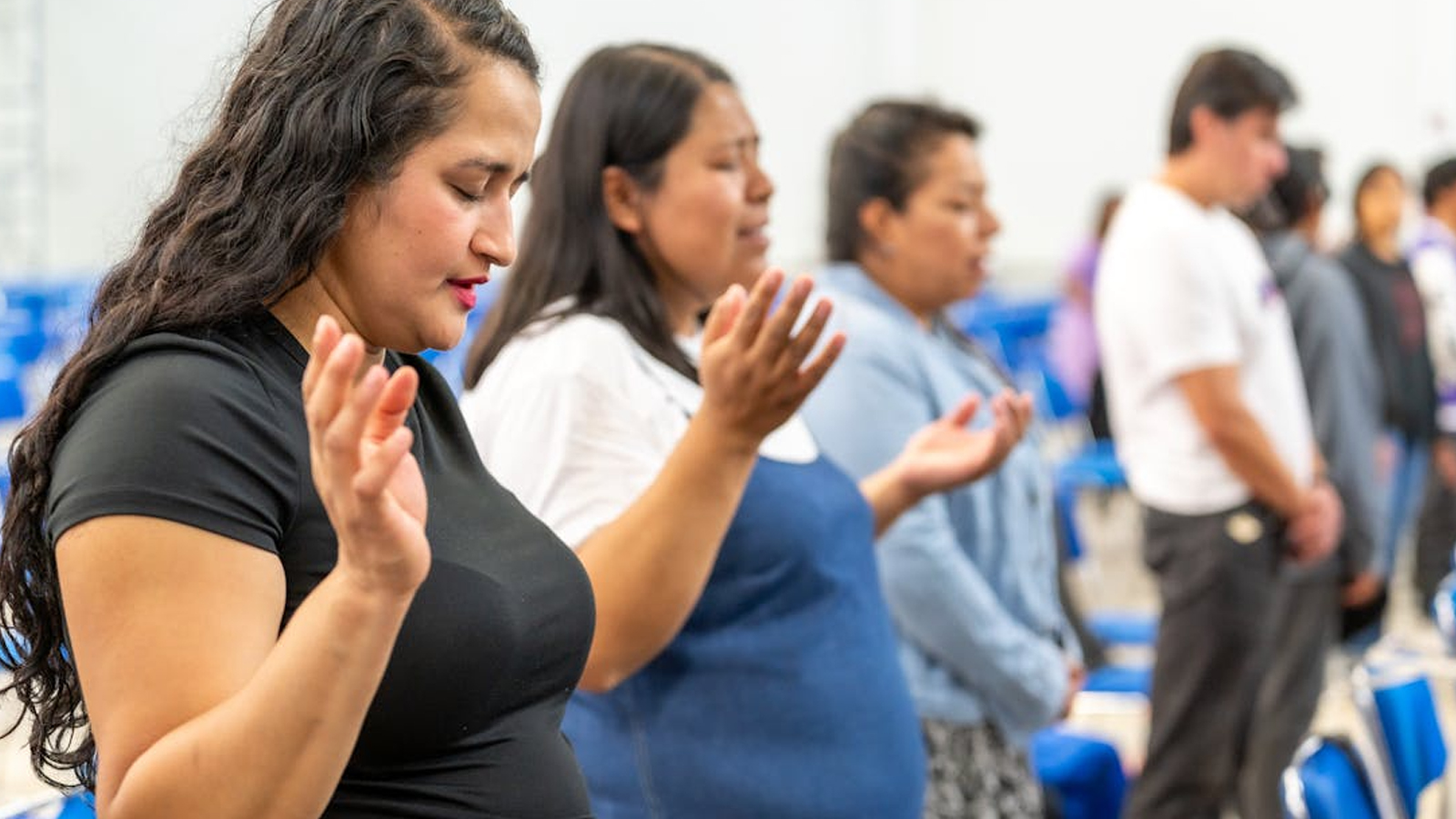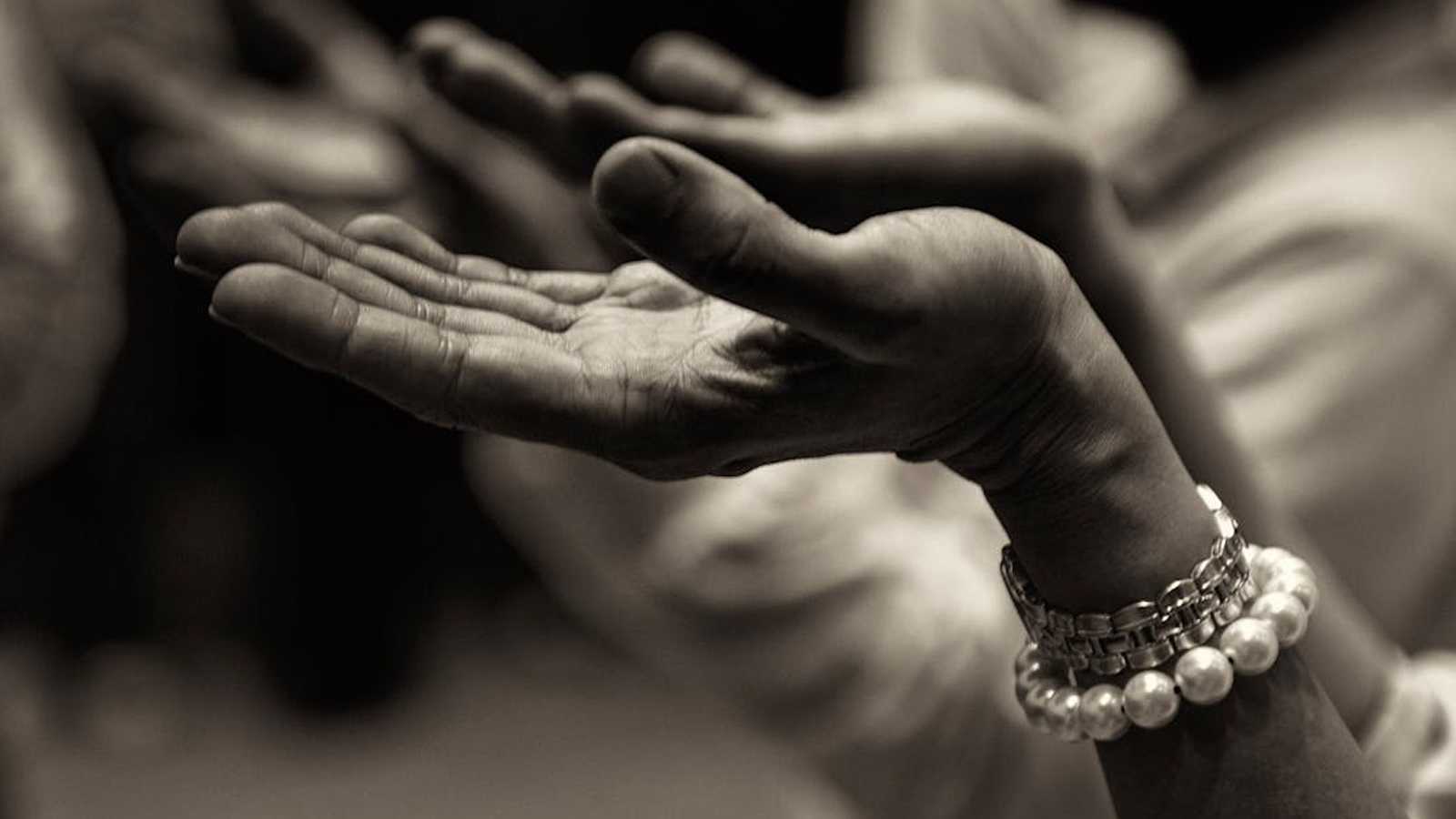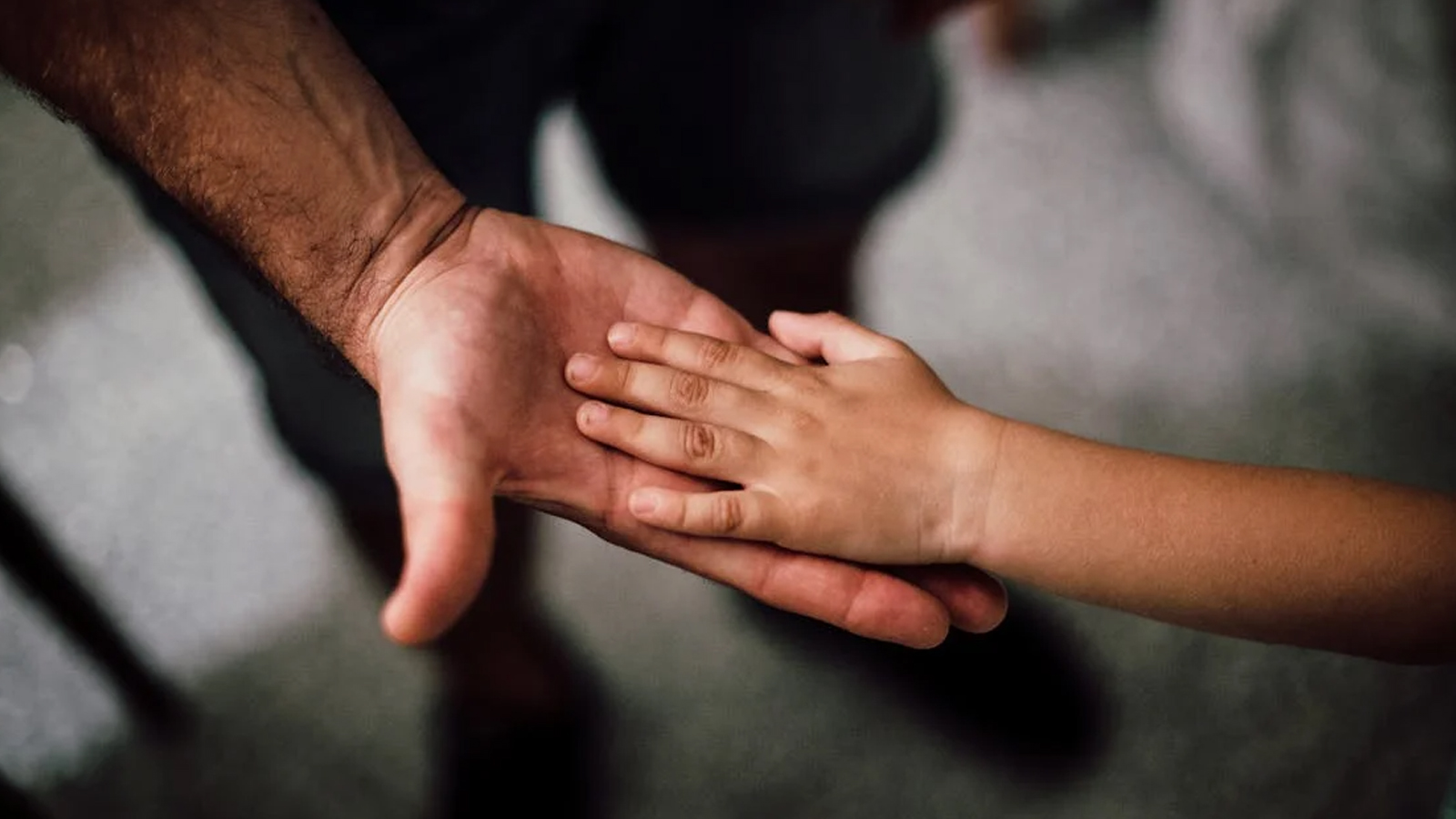During my years working the gang detail in Los Angeles County, I met countless young men and women caught up in the world of gangs. Over time, a single theme emerged—one that cut across backgrounds, neighborhoods, and stories. Nearly every gang member I encountered suffered from the same affliction: a profound lack of dad.
“Lack of dad” took many forms. Some kids never knew their fathers because their mothers weren’t sure who the father was. Others had dads locked away for crimes, serving long sentences. Some fathers were physically present but emotionally absent—lost to addiction, or too consumed by work and language barriers to play any real role in their children’s lives. The reasons varied, but the result was always the same: fathers were missing, and their children drifted, rudderless.
This problem isn’t unique to Los Angeles, nor is it new. In America, we now hold the dubious distinction of having the world’s highest rate of children living in single-parent households. According to the U.S. Census Bureau, 18.4 million children—one in four—grow up without a biological, step, or adoptive father at home. Of the roughly 11 million single-parent homes, nearly 80 percent are headed by single mothers. Half of these mothers have never married; the rest are divorced, separated, or widowed.
Americans recognize the scope of this crisis. When asked, most cite fatherlessness as the most pressing problem facing our country. This “lack of dad” has been growing for generations. Years ago, a President addressed a church in Chicago and put it plainly: “Of all the rocks upon which we build our lives, family is the most important. And we are called to recognize and honor how critical every father is to that foundation… But if we are honest with ourselves, we’ll admit that too many fathers also are missing—missing from too many lives and too many homes. They have abandoned their responsibilities, acting like boys instead of men. And the foundations of our families are weaker because of it”.
Today, men are less interested in children than ever before. Studies show a growing number of childless men simply don’t want kids—and wouldn’t mind never having them. Many gang members I met had fathers who seemed uninterested in parenting, even after they’d brought children into the world.
Modern parenting culture often downplays the unique roles of mothers and fathers, suggesting that family structure doesn’t matter as long as kids are loved. Some researchers even deny the unique importance of fathers altogether. Yet, no matter how the data is sliced, “lack of dad” remains at the root of many social ills. Most scholars, when pressed, still agree: family structure matters, and efforts to argue otherwise often reveal more about ideology than evidence.
“Lack of dad” remains at the root of many social ills. Most scholars, when pressed, still agree: family structure matters, and efforts to argue otherwise often reveal more about ideology than evidence. Share on XDads and moms parent differently, and much of this difference is hardwired. Testosterone and estrogen shape not just our bodies, but our parenting styles. Involved fathers—especially biological fathers—bring unique benefits to their children that no one else can provide. When fathers live with their kids, children thrive. The reason is simple: more time together means more opportunities for involvement. Yet, many fathers admit they aren’t as engaged as they should be, even when they’re physically present.
My own concern about “lack of dad” grew as I became a father. My work on the gang detail, and later on SWAT, surveillance, and homicide teams, kept me away from home far too often. Murderers don’t respect holidays or birthdays. A workaholic father can be just as absent as an alcoholic one, and both forms of absenteeism can have devastating results.
When dads are missing, young people are more likely to fall in with delinquent peers or join gangs. Some teens find the sense of belonging and guidance they lack at home in the structure of a gang, where leaders often fill the role of a father figure. The statistics are sobering: boys from fatherless homes are nearly three times more likely to carry guns and deal drugs. Juvenile inmates overwhelmingly come from homes without dads. Father absence is more predictive of delinquency than poverty or peer influence. Kids without dads are more aggressive, and neighborhoods with the fewest fathers see the most teen violence.
Fathers play a vital disciplinary role, especially with boys, and their unique style of play helps both sons and daughters develop resilience, independence, and emotional intelligence. Dads encourage risk-taking, problem-solving, and perseverance. They hold high expectations, push their kids to tackle challenges, and prepare them for life’s realities. Engaged fathers are also the single biggest factor in developing empathy in children. When dads spend time with their kids, those kids grow into compassionate adults. Fathers shape their children’s spiritual outlook, academic achievement, and future relationships.
The impact of father involvement extends to health and well-being. Kids with engaged dads are healthier, less likely to be overweight, and experience fewer accidents and chronic illnesses. Their mental health is stronger, their self-esteem higher, and their risk of depression or suicide lower. They’re less likely to use drugs, engage in risky behavior, or become teen parents. They’re more likely to finish school, find good jobs, and form lasting relationships. In short, when dads are present and engaged, children flourish.
The evidence is overwhelming: fathers matter. No substitute—no program, policy, or well-meaning mentor—can completely fill the void left by an absent dad. If we want to address the root causes of crime, poverty, and brokenness in our communities, we must start by restoring the role of fathers in the lives of their children.
To learn much more about the way fathers contribute to human flourishing and establish the reliability of the Biblical record, please read The Truth in True Crime: What Investigating Death Teaches Us About the Meaning of Life.























David Ward
October 11, 2025 at 6:50 am
When I worked in the nicu, my study of potential dangers for our graduates showed that the most dangerous situation above all was in a single parent home, headed by mom, with a live in boyfriend. The potential for abuse, injury and death was higher than any other living situation, hands down.
Dads are important. Thank you for your work.